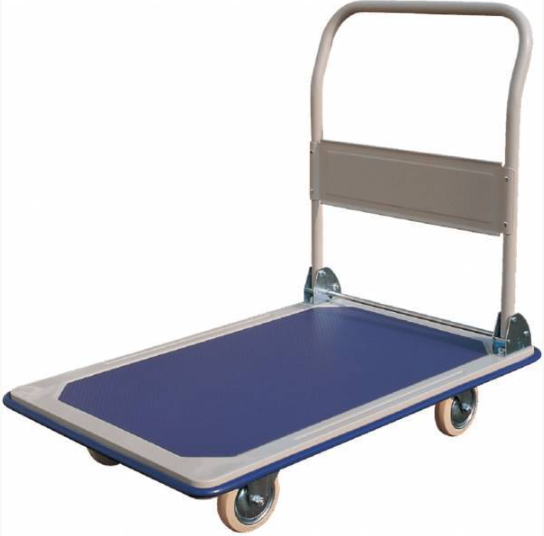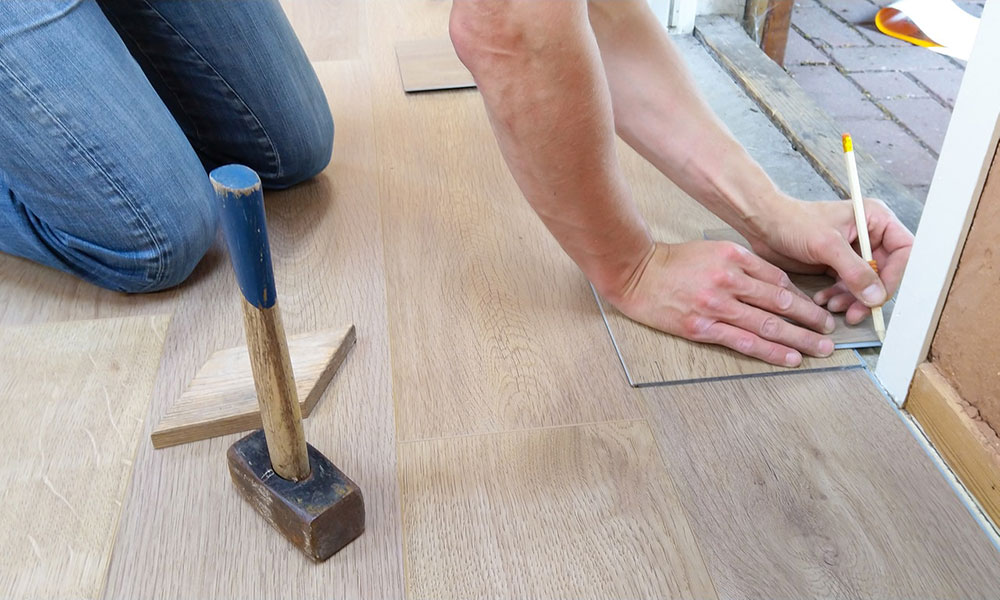Portland has a moderate summer and a normal winter. Such is not the case in Salem! Salem is known for its hottest summers and chilling winters. In place of air conditioners and furnaces, heat pumps are grabbing the Western USA market fast. To know what is a heat pump and its benefits please read the following article.
Definition of Heat Pumps
A heat pump uses the modern technology of pumping heat from a particular environment to another rather than transferring it. A single heat pump can be used both as an air conditioner in summers as well as a furnace in winters. It uses a compressor and an evaporation coil similar to the HVAC system. However it acts as an all-in-one technology and can perform both the function of cooling as well as heating.
Are heat pumps expensive?
The answer is absolute no. Rather it saves money and helps you in optimizing energy consumption.
- The installation and maintenance cost of a heat pump is very low. The purchase cost of a heat pump can be around $1,500 to $10,000 depending on various factors.
- An average-sized heat pump costs somewhere between $4,000 and $7,000. The figure depends on the size of the building in which the heat pump is installed and the equipment grade.
- A heat pump works in an efficient way. For every kilowatt of power consumed a heat pump can produce as high as three times to it. Thus, it leads to almost 30% of savings on cooling and heating bills in your home or office.
- A well-serviced and properly maintained heat pump can perform fine for up to 15 years. For this, annual inspections of heat pumps work the best.
- In addition to all this, a heat pump takes very little space in your home or office.
Types of Heat Pump
- Air-Source Heat Pump: It dehumidifies the moisture from the air better than air conditioners which provide extra comfort. These heat pumps can save up to 50% less electricity consumption than conventional heaters.
- Gas Fired Heat Pumps: These types of heat pumps work on propane, natural gas, solar-heated water, or geothermal heated water and ammonia which are quite different from the refrigerant.
- Geothermal Heat Pumps: These take heat from sources other than air such as ground, structures, etc. They are simple to operate and reduce energy use by 30-60%.











